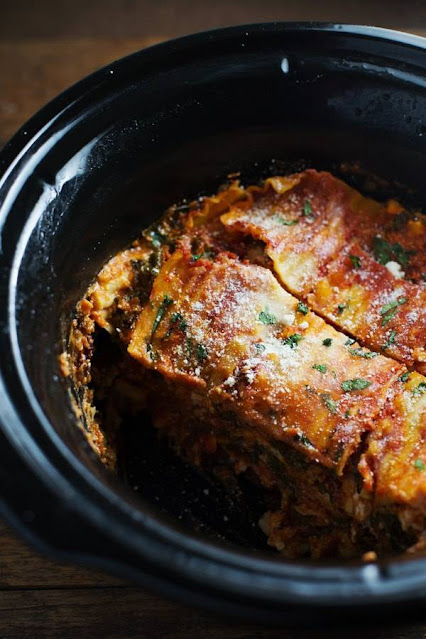In this post we will tackle the meaning of God's words spoken to the prophet Amos.
"I hate, I despise your religious festivals; your assemblies are a stench to me." -Amos 5:21
The easy way to read this passage in Amos is to connect the despised religious festivals with the Biblical holidays. Pastors and Bible commentaries will tell you verses like these are proof that even God doesn't like the Bible holidays like Passover or the Feast of Tabernacles, so of course he doesn't expect his people to celebrate them today. You can see the logic, why should we do something if God despises that thing?
While there's logic to a view like this, pulling this one verse out of context with the book that it's in (not to mention the rest of the Bible) leads us to an extremely incorrect understanding of this Bible verse. Amos 5:21 is not about YHWH despising his own holidays that he invented and then commanded his people to keep. If that were true, that would be rather confusing to have God go back and forth about what he thinks of the holidays. But if we take a look at the book of Amos, and the context in which it was written, we will see that this is not the case.
The first thing we need to know about the context of Amos was that it was written to the northern kingdom of Israel after the unified kingdom of Israel had been split into two under the reign of King Solomon's son, Rehoboam. This matters because after the split, YHWH consistently has a specific grievance against the northern kingdom. Over and over, Scripture tells us that Israel's kings continued to follow in the sins of Jeroboam, who first ruled Israel after it was divided. The sins of Jeroboam were especially offensive to YHWH.
What were the sins of Jeroboam? For as much as they get brought up, they are not what you would expect. He didn't turn his back on YHWH and go on genocidal rampages. He didn't tell the people to worship Baal or other idols. He simply changed how the people worshipped YHWH.
God traced the blame for Israel's sins to this man for generations.
One of the adjustments Jeroboam made was changing when the Biblical holidays happened.
Amos was written many generations after Jeroboam, but the northern house of Israel was now ruled by another king who "did not turn away from the sins of Jeroboam" (2 Kings 14:23). Fittingly, he was called Jeroboam II (the two weren't related, but had a spiritual connection). Given this context, knowing that an on-going sin in Israel had to do with not abiding by the directions God gave for the Biblical holidays, we should be able to see Amos 5:21 in a different light.
It was bad enough for Jeroboam to change the holidays in the first place, but more than 137 years later, you can imagine the game of 'telephone' that had been played regarding the commandments for the holidays (and surely most other areas of life). A century of sin later, the Israelites would have been even further removed from the correct ways to worship and how YHWH wanted his feasts to be kept and celebrated.
The festivals that God hates in Amos 5:21 are not his. They had been badly twisted and perverted by thirteen dysfunctional kings. Scripture doesn't tell us exactly what they were doing on these holidays, but it wasn't what God had told them to do. Under the reign of the original King Jeroboam, the northern kingdom of Israel had stopped following Biblical instructions for their religious celebrations. This was despised by the YHWH.
If we look at the context when these words were spoken and written we will see that the northern house of Israel was not diligently keeping the Biblical holidays in the times and ways that God had directed them. In fact, they had departed so much from the instructions that he had given that he did not recognize them as his own. That's why he called them your festivals. The holidays that YHWH hates in Amos are not the ones he made or told his people to celebrate.
Related posts:
What Were the Sins of Jeroboam?
The Two Houses: Israel and Judah in Scripture
Why the Biblical Holidays are for All Believers
































.JPG)


